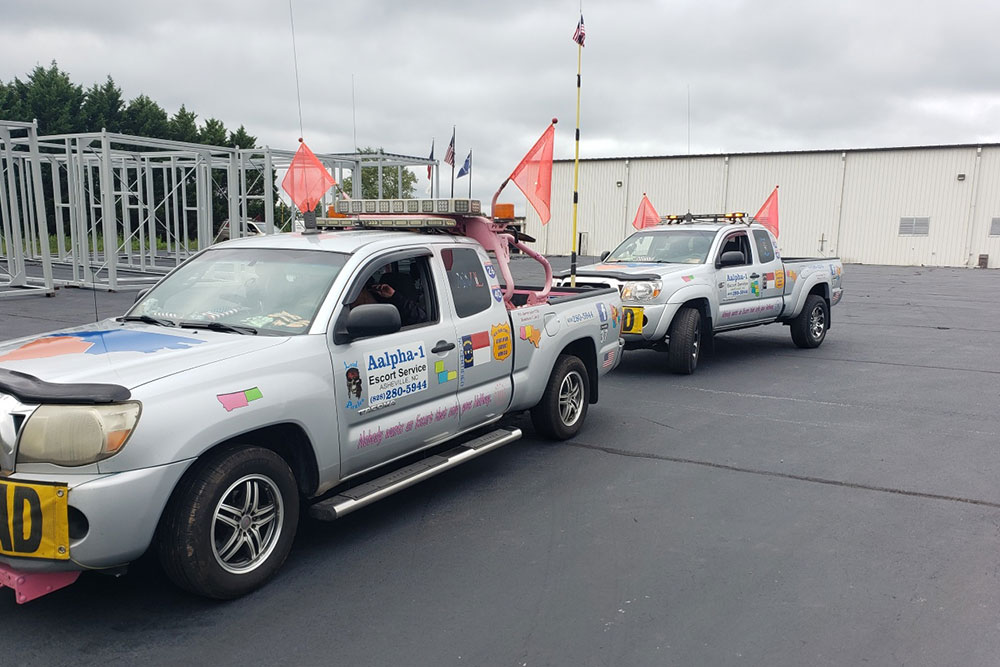Weather conditions play a significant role in the transportation industry, particularly when it comes to oversize load escort services. In North America, including the United States and Canada, the ever-changing weather patterns can have a profound impact on the logistics of moving oversized loads across the continent. Let’s explore how changing weather affects oversized load escort services in North America.
Impact of Winter Weather
- Snow and Ice: During the winter months, snow and ice are common challenges that oversized load escort services face in North America. These conditions can lead to road closures, reduced visibility, and slippery surfaces, making it difficult to transport oversized loads safely and efficiently.
- Reduced Speed: Inclement weather often requires oversize load vehicles to reduce their speed significantly to ensure the safety of the cargo and other motorists on the road. This reduction in speed can lead to delays in delivery times and increased transportation costs.
- Equipment Limitations: Cold temperatures can also impact the performance of equipment used in oversized load escort services, such as hydraulic systems and tire pressure. Ensuring that all equipment is properly maintained and suitable for winter conditions is crucial to avoiding breakdowns and delays.
Challenges During Summer Weather
- High Temperatures: In contrast to winter weather, high temperatures during the summer months can pose different challenges for oversize load escort services. Extreme heat can affect the performance of vehicles and equipment, leading to overheating and mechanical failures.
- Increased Traffic: Summer weather often brings an influx of traffic on the roads, particularly in popular tourist destinations. Navigating through congested highways with an oversized load requires careful planning and coordination to avoid delays and potential accidents.
- Wildfires: In regions prone to wildfires, summer weather can bring additional challenges to oversize load escort services. Road closures due to fire hazards can disrupt scheduled routes and necessitate alternative plans to ensure the safe transportation of oversized cargo.
Adapting to Changing Weather Conditions
- Real-Time Monitoring: To mitigate the impact of changing weather conditions, oversize load escort services in North America utilize real-time monitoring of weather forecasts and road conditions. This allows them to adjust routes, schedules, and equipment accordingly to ensure the safe and timely delivery of oversized loads.
- Communication: Effective communication among all stakeholders involved in the transportation process is essential when facing adverse weather conditions. Timely updates on route changes, potential delays, and safety precautions help streamline operations and minimize disruptions.
- Flexible Scheduling: Flexibility in scheduling is key to navigating through unpredictable weather patterns. Oversize load escort services must be prepared to adapt to shifting timelines and make necessary adjustments to accommodate changing weather conditions.
Final Thoughts
Changing weather significantly impacts oversize load escort services in North America, presenting unique challenges throughout the year. By proactively monitoring weather conditions, maintaining open communication channels, and remaining flexible in their approach, oversize load escort services can effectively navigate through adverse weather situations and ensure the safe and efficient transportation of oversized cargo across the continent.

